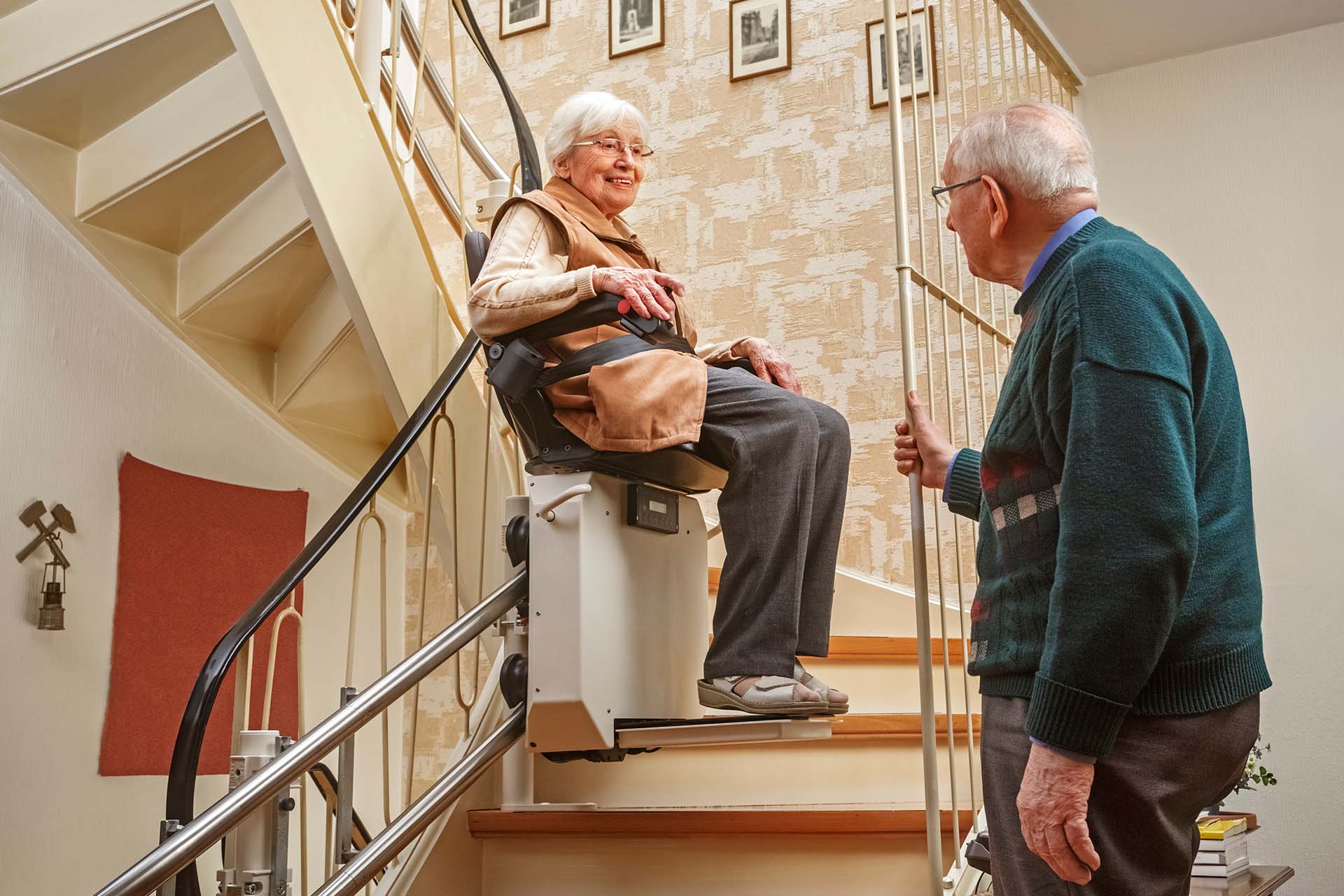For individuals with mobility challenges, a stairlift is a vital addition to the home, offering convenience and independence. However, to ensure the safest experience possible, it’s important to follow key safety guidelines. Here are some essential stairlift safety tips to keep your home secure and accident-free.
1. Regular Maintenance and Servicing
Routine maintenance is crucial for keeping your stairlift in top condition. Over time, wear and tear can affect its performance, so scheduling regular professional servicing ensures that any potential issues are addressed before they become serious problems. Check with your manufacturer or supplier for recommended maintenance schedules.
2. Proper Usage and Weight Limit Adherence
Every stairlift model has a specified weight limit. Exceeding this can put undue strain on the motor and increase the risk of malfunctions. Always adhere to the manufacturer’s guidelines and avoid carrying heavy objects on the stairlift, as this could lead to imbalance.
3. Fasten Seat Belts
Most stairlifts come with a seat belt for added security. Always fasten it before operating the lift to prevent accidental slips or falls, especially for elderly users who may have balance issues.
4. Keep the Stairway Clear
Ensure the staircase is free from obstacles such as toys, loose rugs, or other objects that could obstruct the stairlift’s path. This reduces the risk of the lift getting stuck or causing potential accidents.
5. Educate All Users
If multiple people in the household use the stairlift, ensure that everyone understands the correct way to operate it. Misuse or improper handling can lead to damage or malfunctions.
6. Emergency Stop and Safety Features
Familiarise yourself with the emergency stop function and other built-in safety features of your stairlift. These features help in cases of sudden stops, power failures, or obstructions on the track, ensuring peace of mind while using the lift.
7. Check for Loose Clothing and Accessories
Before using the stairlift, make sure that long scarves, loose clothing, or dangling accessories are secured. Loose fabric can get caught in the moving parts, posing a potential hazard.
8. Install Safety Sensors
Most modern stairlifts come with safety sensors that detect obstructions and automatically stop the lift if something is in the way. Ensure these sensors are functioning correctly by testing them periodically.
9. Have a Backup Plan for Power Failures
Many stairlifts have battery backups to allow continued use during power outages. Check that your stairlift’s battery is in working order and fully charged to prevent being stranded mid-way up or down the stairs.
10. Choose a Reputable Supplier
When purchasing a stairlift, it’s crucial to choose a reliable and reputable supplier. Look for companies like UKStairlifts Birmingham with positive reviews and excellent after-sales support. For additional guidance on choosing the right stairlift, check out Age UK’s stairlift buying guide.
By following these stairlift safety tips, you can ensure a secure and comfortable experience for yourself or your loved ones. Keeping your stairlift well-maintained and used properly will not only enhance its longevity but also provide peace of mind when navigating your home.


